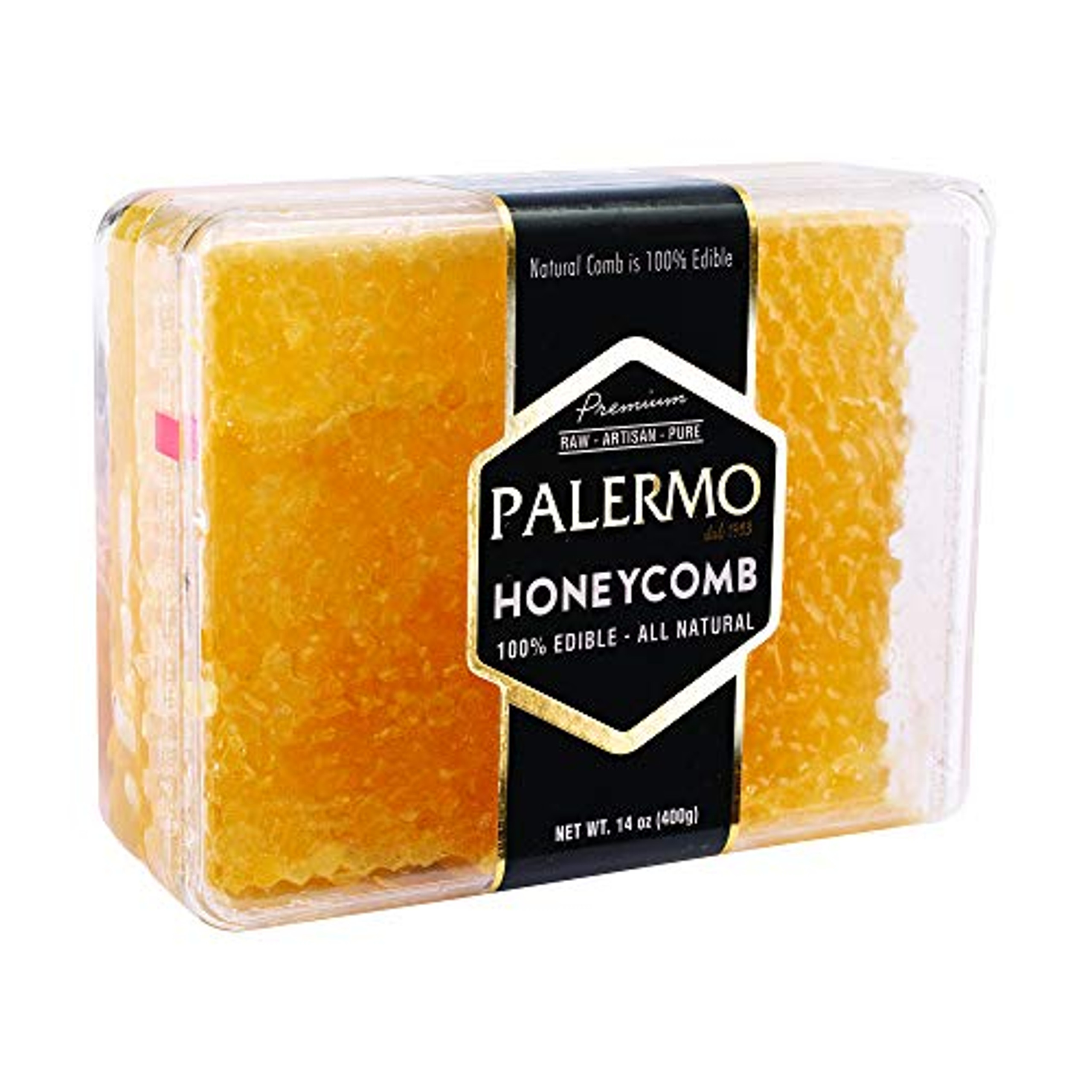
However, you must think about whether or not the preservative is compatible with the product you are formulating. This is the optimum range for the preservative it is important to consider this when formulating as you want the best chances of preservation for your product. It is important to find a preservative system that is broad spectrum, meaning that it is effective against bacteria, mould and yeast. For example, adding an oil soluble preservative in a facial toner primarily consisting of water is not going to provide the product with efficient protection. You must also determine whether any of your existing ingredients are already preserved.ĭetermining the solubility of a preservative system is key to knowing which preservative you can add into a product. When you are designing a new organic skincare or haircare product, you must always consider which preservative to choose and how any of your natural preservatives might interact with the rest of the formulation. Some of the main points to consider when choosing a preservative are:

In fact, it can easily become overwhelming to choose a natural preservative or preservative blend when you look at all the products available on the market and all the claims and promises made by suppliers and retailers. There is no simple or standard answer to this question. One of the main questions we are constantly asked at Formula Botanica is: “which natural preservative should I use for my skincare formulation?“.
#All natural no additives no preservatives rar how to#
#naturalpreservatives #skincareformulation #naturalcosmetics Click To Tweet How to Choose the Right Natural Preservatives From how to choose preservatives to what can go wrong. Learn everything you want to know natural preservatives in organic skincare formulation. Anhydrous products stored in the bathroom need preservatives because the bathroom environment is moist and warm, and these are optimum conditions for bacteria and mould to thrive. However, there are some products, mainly anhydrous formulations, that don’t require a preservative these can be face oils, body butters and balms.Īnhydrous products are usually able to exist as ‘preservative-free’ systems as they are not prone to microbial contamination however products that will continually have water introduced to them by the user such as oil-based salt scrubs should also be taken into consideration when contemplating whether or not to include a preservative. Here, we must reiterate that the use of preservatives in skincare is absolutely essential if you are formulating something water-based. Do all Natural Cosmetics need a Preservative? Our list later in this post shows just how many there are now on the market and serving a range of cosmetic product formulation needs. The good news is, the list of natural preservatives continues to grow and there are many COSMOS and ECOCERT approved preservatives on the market now which means that you can continue to make preserved, compliant, water-based or water-containing natural and organic products with confidence. We continuously remind our students that… The risk of using preservatives in cosmetic preparations is significantly lower than the risk of using unpreserved, water-based cosmetics. The potential side effects of skincare products These links are must-reads to extend your knowledge on the use of preservatives: 5 Reasons why your natural formulations need preserving However, preservatives are a necessity in your water-based cosmetics because they protect your customer, your product and your business from disaster.

Many skincare formulators are dubious about preservatives as they feel they may be using ingredients they view as risky and they don’t wish to endanger their customers. Preservatives’ efficacy depends largely on the conditions in which they are used. We tell them that there is no distinct answer to this question as there are a number of factors to consider before coming to a conclusion about which natural preservative is best for your formulation. Quite often, students ask us which natural preservative is the best to use. Therefore, this topic definitely deserves some attention! If only one small thing goes wrong, you can jeopardise your customer’s health, your product and your business.

Naturally-derived and natural preservatives are some of the least interesting but most important ingredients in your organic skincare and haircare formulations. Should it really be there? Is it important? What happens if you don’t use it? One of the most controversial ingredients used in organic skincare and haircare formulations is the humble preservative.


 0 kommentar(er)
0 kommentar(er)
